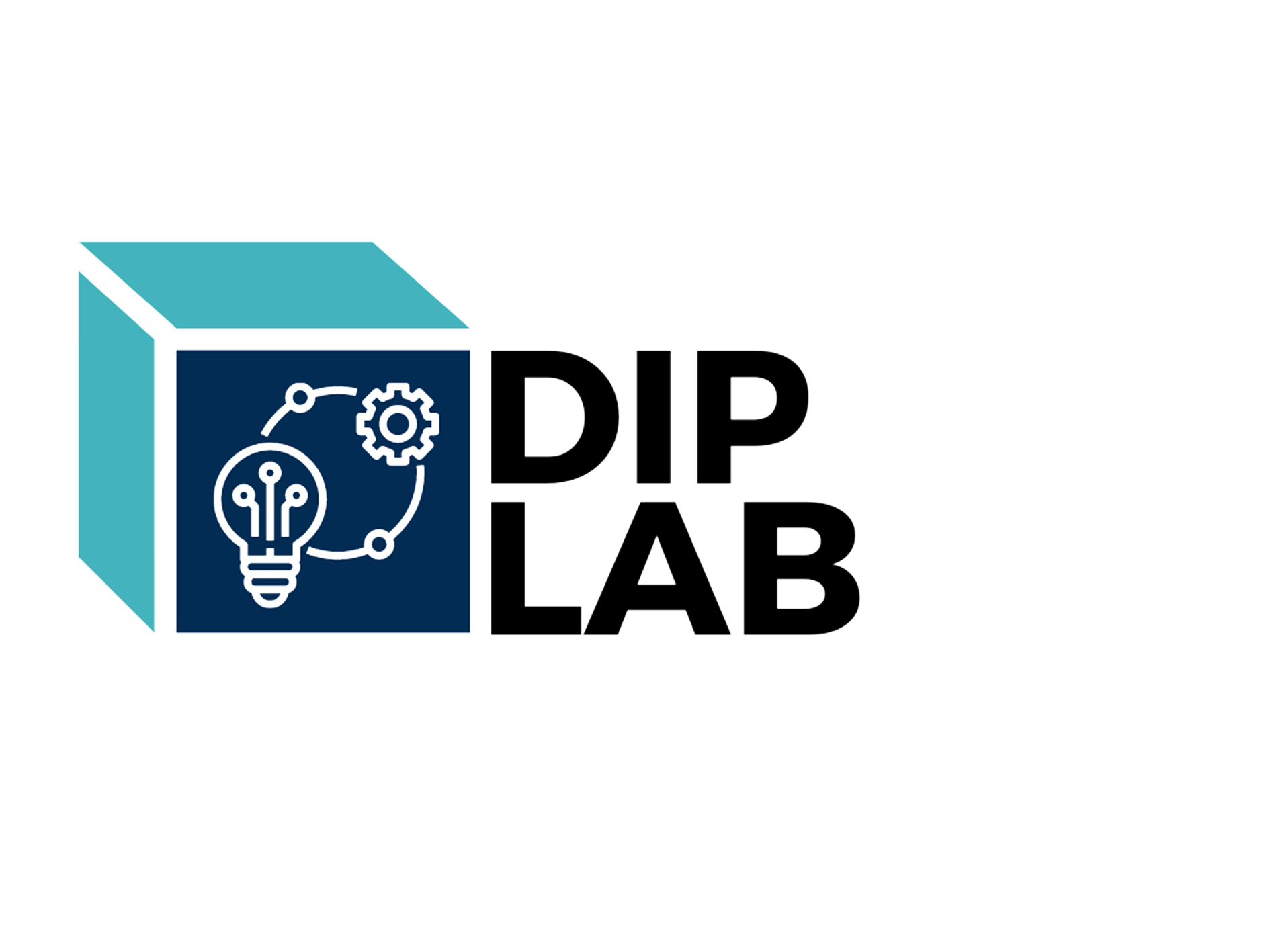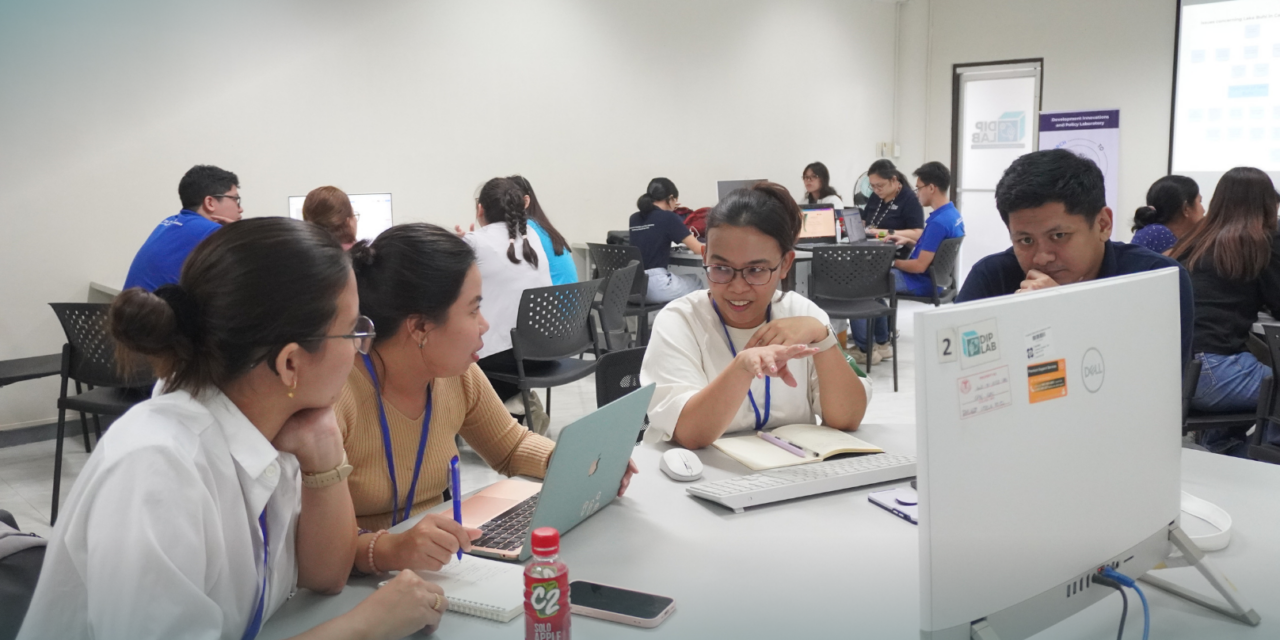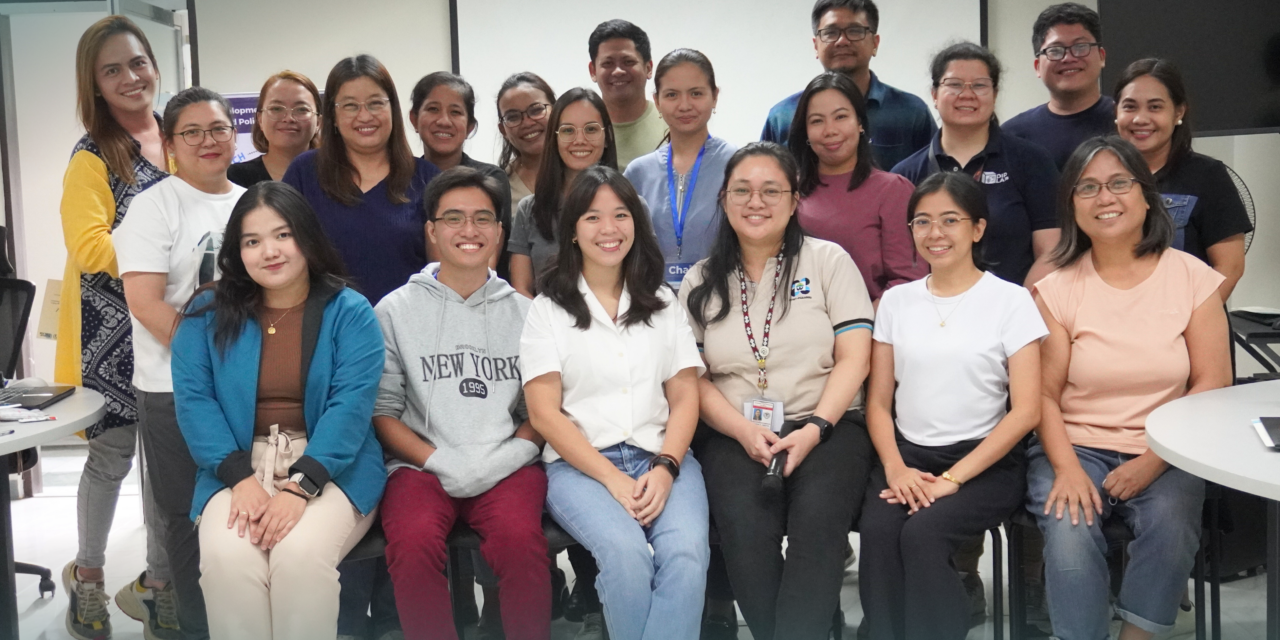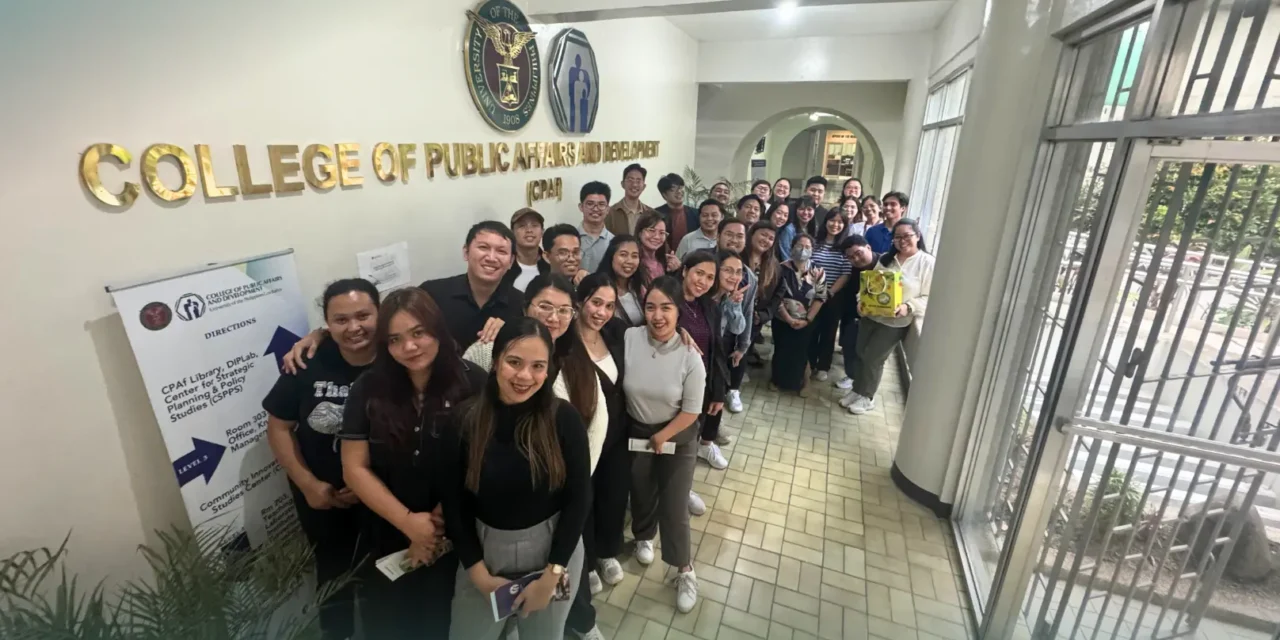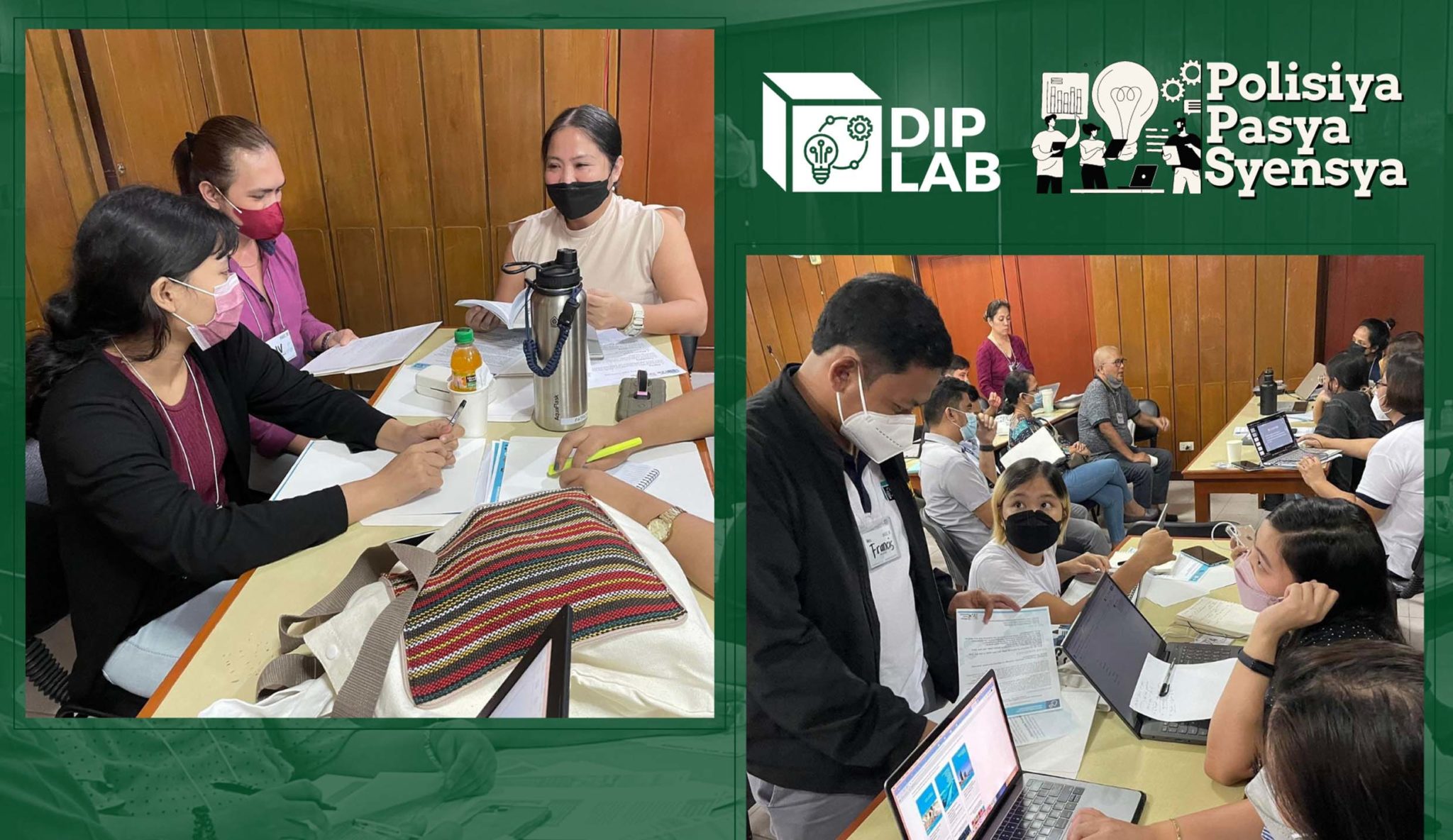
The Development Innovations and Policy Laboratory (DIP Lab) hosted its first policy hackathon at the UPLB Obdulia F. Sison Hall on Aug. 1 and 2. Following the theme, “Polisiya, Pasya, Syensya: Sta. Cruz Watershed,” the pilot activity aimed to generate solutions to address the pressing challenges in the Sta. Cruz Watershed in Laguna. Three issues were highlighted: solid waste management, water quality management, and watershed governance.
DIP Lab is a 2-year project recently established by the Center for Strategic Planning and Policy Studies (CSPPS) of the College of Public Affairs and Development (CPAf). Its primary focus is to transform sound evidence from research studies in the agriculture, aquatic, and natural resources sector into innovative policy solutions for societal development.
For its first policy hackathon, DIP Lab gathered students, researchers, and members of the local government units (LGUs) of Liliw, Majayjay, Sta. Cruz, Magdalena, Rizal, and Nagcarlan to collaborate in drafting policy briefs.
Dr. Nico Jayson C. Anastacio, assistant to the dean, spoke on behalf of CPAf Dean Rowena DT. Baconguis and highlighted the challenge of translating research results into tangible and effective policy recommendations. He also noted how events such as the policy hackathon could be a great opportunity for different stakeholders to get involved in developing actual policy support recommendations.
Dr. Aileen V. Lapitan, DIP Lab project leader and CSSPS director, explained about policy briefs. She said that policy briefs should be short, precise, and evidence-based. In her lecture, she reminded the participants that the intended readers of policy briefs are non-specialists or policy decision-makers who are usually busy.
Around 18 policy hackers were grouped into six teams to develop a 2,000 – 2,500-word policy brief. Each team received a briefing kit containing the challenge statement on their chosen theme (i.e., solid waste management, water quality management, or watershed governance) and other helpful information that they could use in developing their output. Likewise, each team had an assigned mentor from the pool of university researchers from CSPPS.
On the first day of the hackathon, participants were given a chance to consult with the judges. After consultation, the groups engaged in group discussions and wrote the policy briefs.
The following day was dedicated to refining policy briefs and preparing for the 3-minute presentation of outputs.
Team 1 focused on regulating and banning single-use plastics, particularly sachet products. They called for stricter implementation of ordinances prohibiting single-use plastics, citing sachet economy as a major problem in solid waste management.
Team 2 presented their policy brief titled, “Batang Linis Kalikasan, Yes to Kaunlaran.” According to them, the solid waste management (SWM) program can be improved through regular performance evaluation, capacity building, retooling, and proper auditing with the Sangguniang Kabataan officials at the grassroots level and the integration of Republic Act 9003 (SWM Act) in the academic curriculum.
Team 3’s policy brief titled “STA CRUZan sa Katubigan: Process-on Improving Watershed,” proposed a solution to address the increasing need for clean and safe water due to the rising population through a framework for watershed preservation. The team identified the major groups likely to be involved in preserving the Sta. Cruz Watershed and proposed a 3-point solution called PEW: Public-Private Partnership stewardship, education integration, and Watershed day celebration.
Team 4 recommended LGUs within the Sta. Cruz Watershed to implement a septic system in their respective communities. The team pointed out that the septic system could help reduce harmful E. coli and improve drinking water quality.
Team 5’s policy brief highlighted the importance of investing in the rehabilitation of the Sta. Cruz Irrigation System. They called for collaborative efforts among irrigators’ associations within the Sta. Cruz Watershed, development of policy instruments on water resource management and distribution, and improved fund allocation to rehabilitate irrigation systems.
Lastly, Team 6 developed a campaign strategy focused on adopting a holistic governance scheme in the Sta. Cruz Watershed to achieve food security. It includes political, social, economic, and administrative systems working together to ensure a continuous and stable water supply for agri-food production in different communities.
Policy briefs were evaluated using the following criteria: clarity, feasibility, effectiveness, sustainability, and delivery and presentation.
Participating as judges for SWM were Dr. Myra E. David, assistant professor at CPAf, and John Carlo S. Carandang, information officer and head of the Planning and Support Unit at the City Environment and Natural Resources Office, Sta. Cruz, Laguna.
The judges for Water Quality Management were Dr. Patricia Ann J. Sanchez, a professor at the School of Environmental Science and Management and chair of the Interdisciplinary Studies Center for Water, and Rosaly M. Gutierrez, coordinator of the Municipal Planning and Development Office in Sta. Cruz, Laguna.
Judging for Watershed Governance were Dr. Lynlei L. Pintor, supervising science research specialist at the Ecosystems Research and Development Bureau, and Edilberto Reyes, president of the Sta. Cruz Watershed Integrated Management Association, Inc..
Team 4 bagged the first prize worth Php 10,000 while Teams 6 and 3 got the second (Php 8,000) and third prizes (Php 5,000), respectively. The winning outputs will be repackaged and submitted to the LGUs in the Sta. Cruz Watershed.
The policy briefs may be viewed on the policy hackathon event page at bit.ly/diplabhackathon1.
Learn more about the DIP Lab by visiting its Facebook page (@diplab.uplb) and Twitter page (@diplab_uplb) or sending an email to diplab.uplb@up.edu.ph. (Therese Marie Quilnat)
